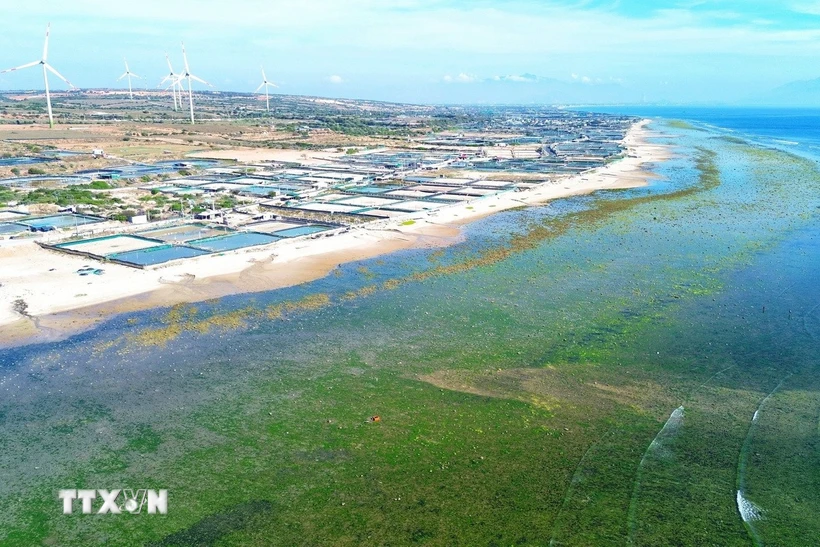
Thuan Nam District, Ninh Thuan Province, was chosen as the site for the construction of Ninh Thuan 1 Nuclear Power Plant. (Photo: VNA)
Zalo Facebook Twitter Print Copy link
With the support and close cooperation of the International Atomic Energy Agency (IAEA), Vietnam is in a very good position to develop its first nuclear power plant that meets the highest international safety standards.
Ambassador Vu Le Thai Hoang, head of the permanent delegation of Vietnam to the United Nations and international organizations in Vienna, Austria, gave an interview to VNA about Vietnam's increasingly deepening cooperation with this organization in applying nuclear technology for peaceful purposes.
- How does the Ambassador evaluate the cooperation between Vietnam and the IAEA in developing and applying nuclear technology for peaceful purposes in recent years?
Ambassador Vu Le Thai Hoang: In recent years, cooperation between Vietnam and the International Atomic Energy Agency (IAEA) has had very positive, substantive and comprehensive developments, especially in the fields of applying nuclear technology for sustainable development. Vietnam always considers the IAEA as a strategic partner in the process of improving national capacity in nuclear science and technology, aiming at the goal of using nuclear energy for peaceful, safe and effective purposes.
With the signing of the Country Programme Framework (CPF) for the period 2022-2027, bilateral cooperation is clearly oriented, closely linked to Vietnam's development priorities, focusing on 7 priority areas including radiation safety, health, agriculture, environment, energy, industry and human resource development. More than 20 technical projects are being effectively implemented with financial and professional support from the IAEA, thereby improving science and technology capacity and strengthening the legal and technical system in Vietnam. These are important pillars of cooperation, bringing many practical results in recent times.
In particular, with the support of the IAEA, Vietnam is implementing a project to build a new 10 MW research reactor to replace the current Da Lat reactor. This is an important long-term step forward to serve training, research and production of radioactive isotopes in medicine and industry.
In addition, the IAEA's organization of the first INSServ national nuclear security assessment mission in Vietnam in March 2023 contributed to strengthening institutional capacity and affirming Vietnam's commitment to global nuclear security standards.
In the health sector, many projects have been implemented to improve the capacity for cancer diagnosis and treatment using nuclear medicine. Thanks to the support of the IAEA, Vietnam's equipment and expertise in this field have been significantly improved, bringing practical benefits to the people.
In agriculture, the IAEA supports Vietnam in applying nuclear and radiation technology in plant breeding, plant quarantine, post-harvest preservation and pest control. The results achieved have contributed to increasing productivity, quality of agricultural products and improving the efficiency of sustainable agricultural production.
In addition, in the field of human resource development, the IAEA has provided practical and long-term support to Vietnam. Not only has it sponsored hundreds of Vietnamese officials to participate in training and specialized training programs at home and abroad, the IAEA has also closely coordinated with Vietnamese authorities to organize many training courses and regional seminars right in Vietnam.
These activities have made an important contribution to improving professional qualifications, gradually building a team of high-quality nuclear technical experts, meeting the requirements of sustainable and safe development of the atomic energy industry in the present and future periods.
A highlight of recent cooperation is the tripartite cooperation mechanism between Vietnam, Laos and Cambodia under the coordination of the IAEA. Vietnam plays a key role in training experts, sharing experiences and supporting research facilities for the two countries.
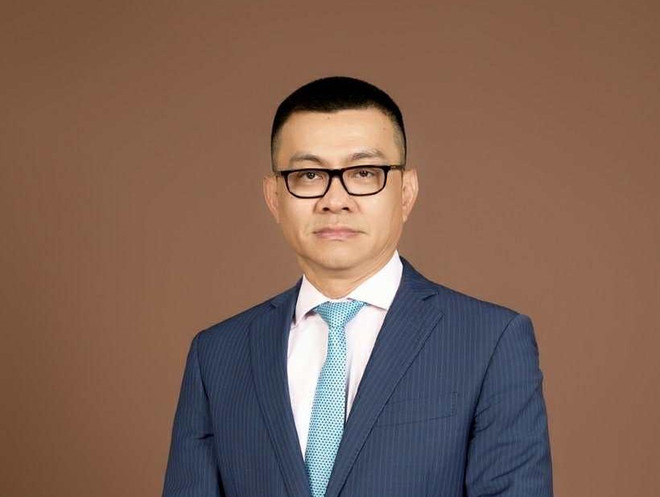
Ambassador Vu Le Thai Hoang, head of the Permanent Mission of Vietnam to the United Nations and international organizations in Vienna, Austria. (Photo provided by the Embassy of Vietnam in Austria)
Since 2022, more than 15 Cambodian and Lao officials have been trained in Vietnam in areas such as nuclear medicine, non-destructive testing, radiation safety and agricultural applications. This not only affirms Vietnam’s internal capacity but also demonstrates Vietnam’s active and proactive role in promoting regional cooperation and spreading the values of nuclear technology for peaceful purposes.
I believe that, with the need for sustainable development and energy transition strategy, including the orientation of restarting nuclear power, cooperation between Vietnam and the IAEA will increasingly play a key role, contributing to helping Vietnam effectively apply nuclear technology in practical fields, while ensuring the highest standards of safety and security.
- It is known that Vietnam and the IAEA have recently had a number of meetings related to cooperation to support Vietnam in building its first nuclear power plant. Could you please share the results that the two sides have achieved?
Ambassador Vu Le Thai Hoang: Recently, with the orientation of energy transition and the commitment to achieve zero net emissions by 2050, Vietnam has been gradually researching and preparing the necessary conditions to build its first nuclear power plant. In this process, the International Atomic Energy Agency (IAEA) continues to be a key partner, accompanying Vietnam through many practical and timely cooperation activities.
Recent meetings between Vietnam and the IAEA, including the meeting between Chairman of the National Assembly's Committee for Science, Technology and Environment Le Quang Huy and Deputy Minister of Science and Technology Bui Hoang Phuong with the IAEA's Nuclear Safety and Security Committee (March 2025), between Vice Chairman of the National Assembly's Committee for Law and Justice Nguyen Thi Mai Phuong, representatives of the Department of Radiation and Nuclear Safety (VARANS) and IAEA experts (April 2025), as well as the meeting between Deputy Minister of Foreign Affairs Le Thi Thu Hang and IAEA Director General Rafael Grossi on the sidelines of the 34th Session of the Commission on Crime Prevention and Criminal Justice (CCPCJ) (May 2025), all demonstrate Vietnam's political determination and proactiveness in working closely with the IAEA to prepare for the phase of developing nuclear power safely, sustainably and in accordance with international standards.
One of the notable results is that the two sides have agreed on the need to strengthen cooperation in building a legal framework, policy advice, technology transfer, experience sharing and human resource training. These are key contents to support Vietnam not only in developing its capacity to apply nuclear technology in general, but also in preparing firmly for the successful implementation of its first nuclear power plant, ensuring the highest standards of nuclear safety and security.
At the same time, the IAEA is also ready to support the process of reviewing, developing and perfecting the Law on Atomic Energy (amended), to ensure a complete, synchronous legal framework and in accordance with international safety, security and non-proliferation requirements.
In addition, Director General Rafael Grossi expressed his appreciation for Vietnam’s efforts and long-term vision in orienting the development of nuclear power as a strategic solution to the energy problem. He affirmed that the IAEA always considers Vietnam a priority partner in the Southeast Asia region and is committed to continuing to closely accompany Vietnam in all three pillars: technical-legal-human resource training.
I believe that these meetings have contributed to creating an important policy and technical foundation for Vietnam to gradually realize the goal of developing nuclear power for peaceful, safe and sustainable purposes. In the coming time, with the support of the IAEA, close coordination between domestic ministries and sectors and high-level political determination, we have the basis to build a modern nuclear power program that meets international standards and contributes to ensuring national energy security in the long term.
- For Vietnam, when building a nuclear power plant, ensuring absolute safety and training human resources are two extremely important issues. How will the IAEA support Vietnam to solve these two issues, Ambassador?
Ambassador Vu Le Thai Hoang: Ensuring absolute safety and developing high-quality human resources are two key factors that determine the success and sustainability of any nuclear power program. This is especially true in Vietnam, as we are gradually restarting the nuclear power development program after a period of suspension.
In the period before the Ninh Thuan project was suspended in 2016, the IAEA provided Vietnam with practical support in many aspects. Vietnam twice invited the Integrated Nuclear Infrastructure Review (INIR) team to work (2009 and 2012), comprehensively assessing the level of infrastructure readiness for nuclear power deployment according to the IAEA's "Milestones" framework.
On that basis, the IAEA has made dozens of recommendations related to the legal regime, nuclear safety, human resource training, finance and incident response, contributing significantly to helping Vietnam build a legal framework, inter-sectoral coordination mechanism and long-term nuclear human resource development strategy.
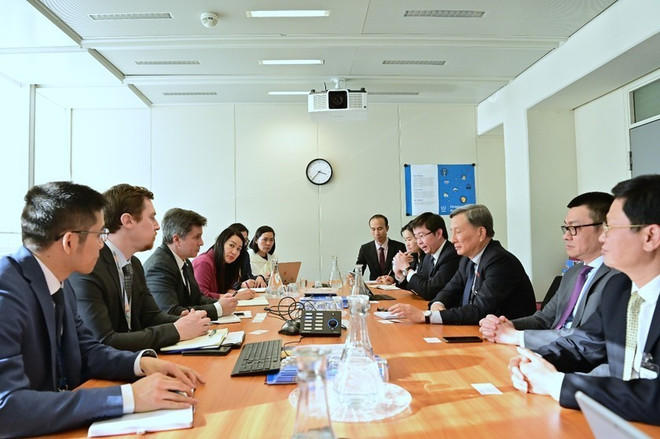
Meeting between Chairman of the National Assembly's Committee on Science, Technology and Environment Le Quang Huy and Deputy Minister of Science and Technology Bui Hoang Phuong with the Department of Nuclear Safety and Security, IAEA (March 2025) (Source: Phap luat Newspaper)
In parallel, within the framework of the Technical Cooperation Program, the IAEA has sponsored hundreds of our experts to participate in training courses, seminars and internships abroad, and coordinated the organization of on-site training in areas such as nuclear power plant operation, radiation safety, nuclear regulation, and incident response.
Entering the current phase, when Vietnam officially restarted its nuclear power program, cooperation with the IAEA is being resumed in a more proactive and focused manner. In recent meetings between leaders of Vietnamese agencies and IAEA Director General Rafael Grossi, the two sides discussed in detail the contents of further support.
In addition, the IAEA also expressed its readiness to provide technical assistance in building a solid legal and institutional framework, including providing comments on the Draft Law on Atomic Energy (amended), supporting the establishment of an independent nuclear regulatory body, the nuclear power plant licensing process, as well as improving regular monitoring and inspection capacity.
Regarding human resources, this is an area in which Vietnam has a good foundation thanks to previous cooperation programs. However, to meet future practical operational requirements, we need a new generation of experts who are well-trained and have in-depth practice.
The IAEA said it is ready to coordinate with the Ministry of Science and Technology, domestic research institutes, universities and third-party sponsors (if any) to design specialized training programs, including train-the-trainers, plant simulation exercises, and field programs in countries with similar nuclear power plants as it had cooperated with in the 2012-2013 period.
I believe that, with its existing capacity, along with the close and experienced support of the IAEA, Vietnam is fully qualified to develop a nuclear power program that ensures the highest safety standards, while gradually forming a team of human resources with the capacity to truly master technology and effectively manage the nuclear energy industry in the future./.
(Vietnam+)
Source: https://www.vietnamplus.vn/viet-nam-co-vi-the-tot-de-phat-trien-nha-may-dien-hat-nhan-dau-tien-post1045976.vnp


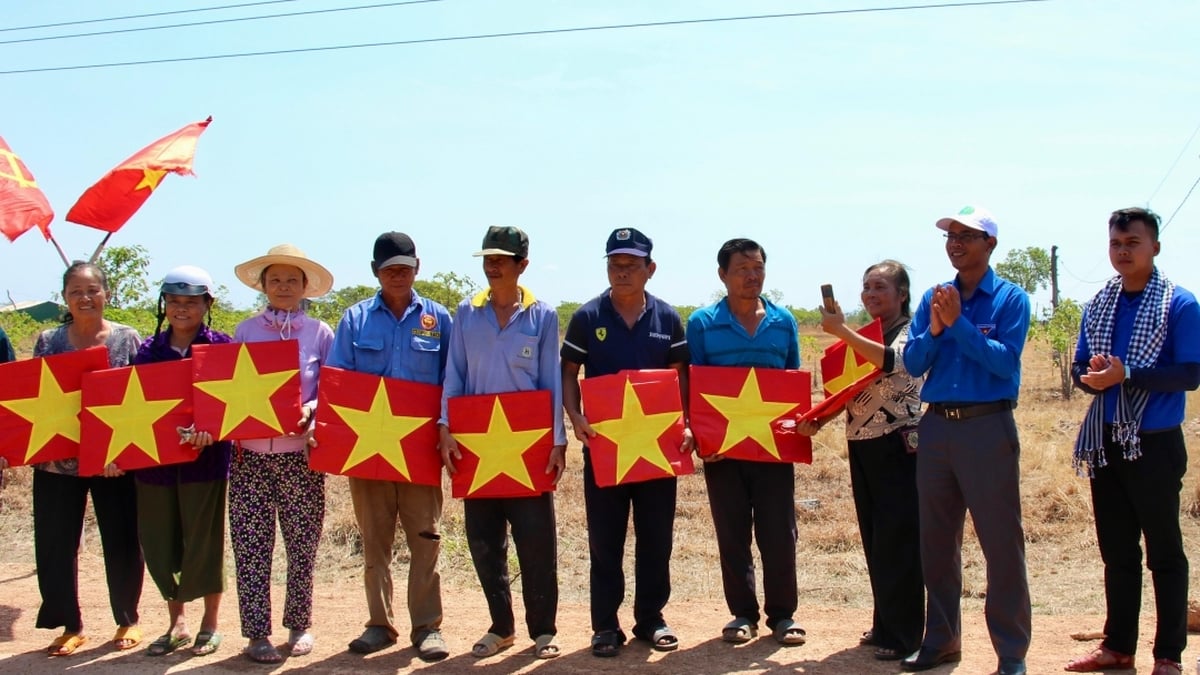
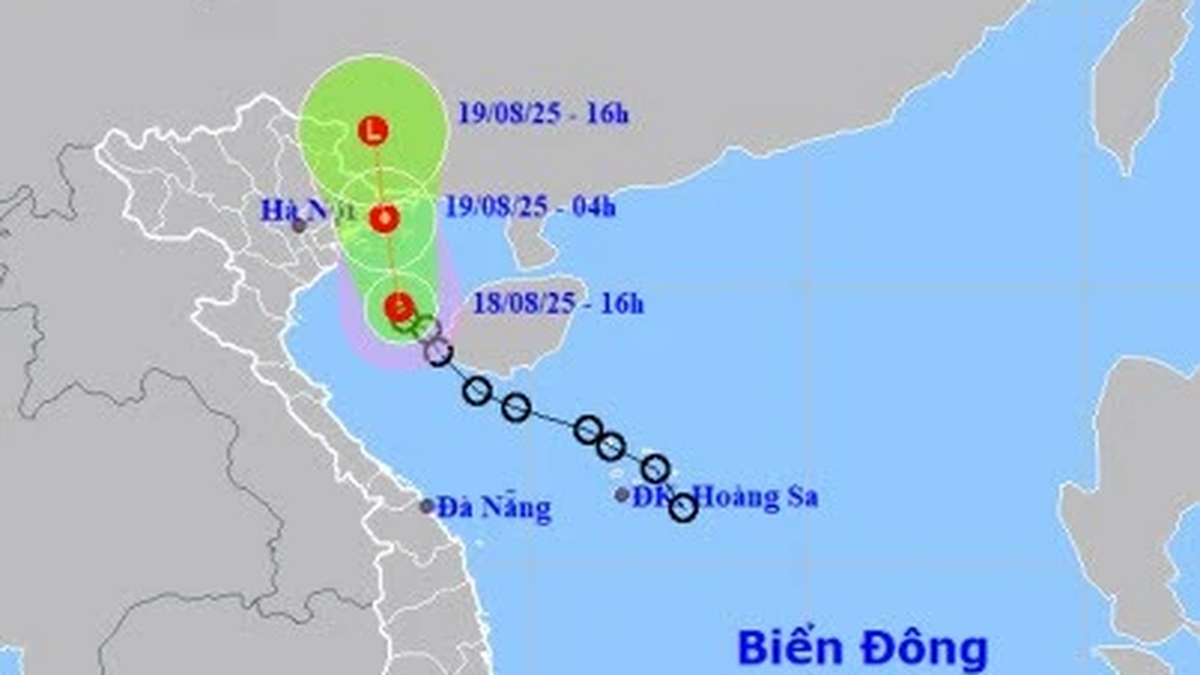
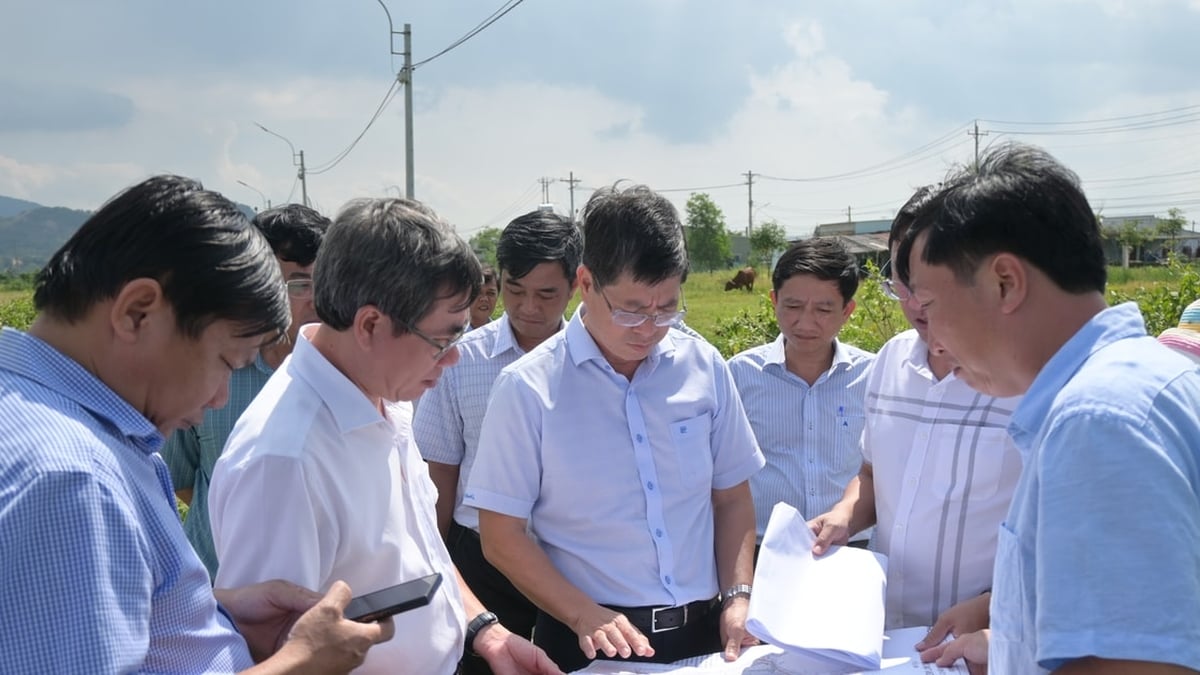
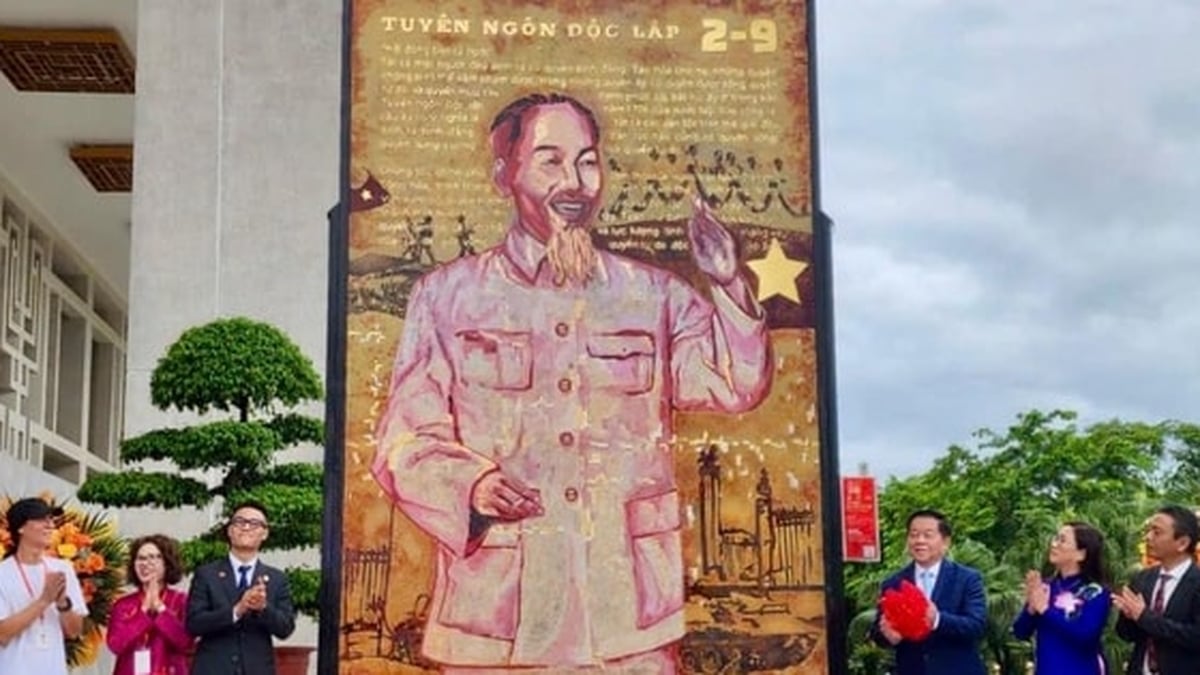
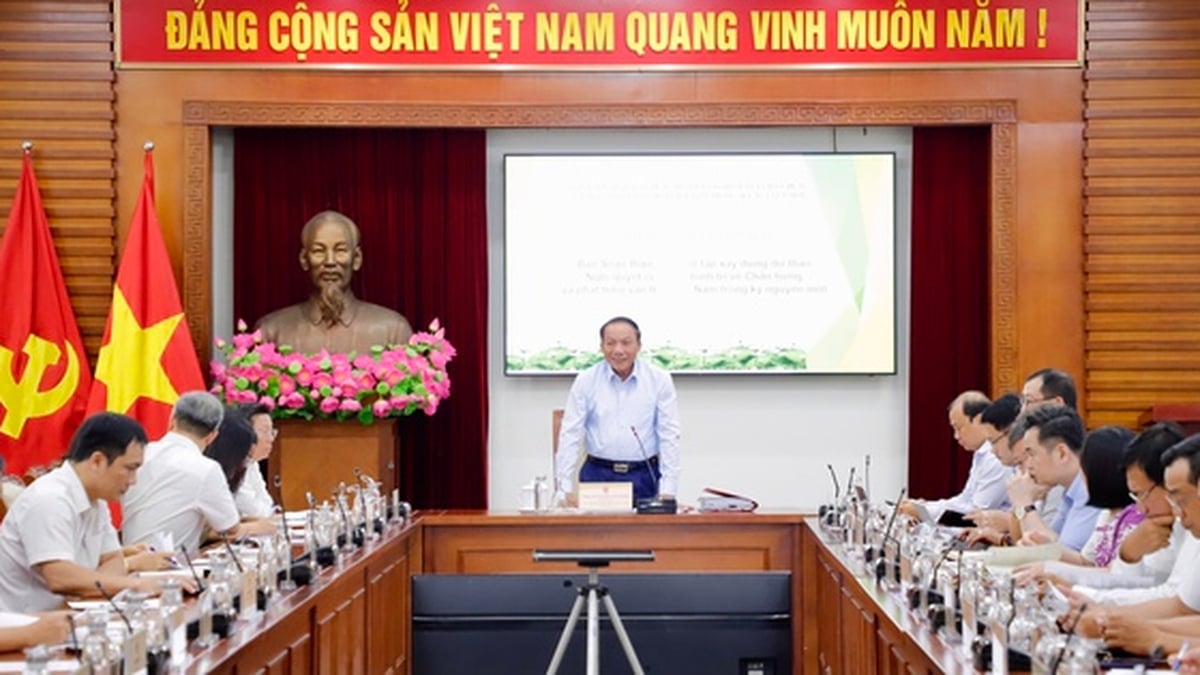

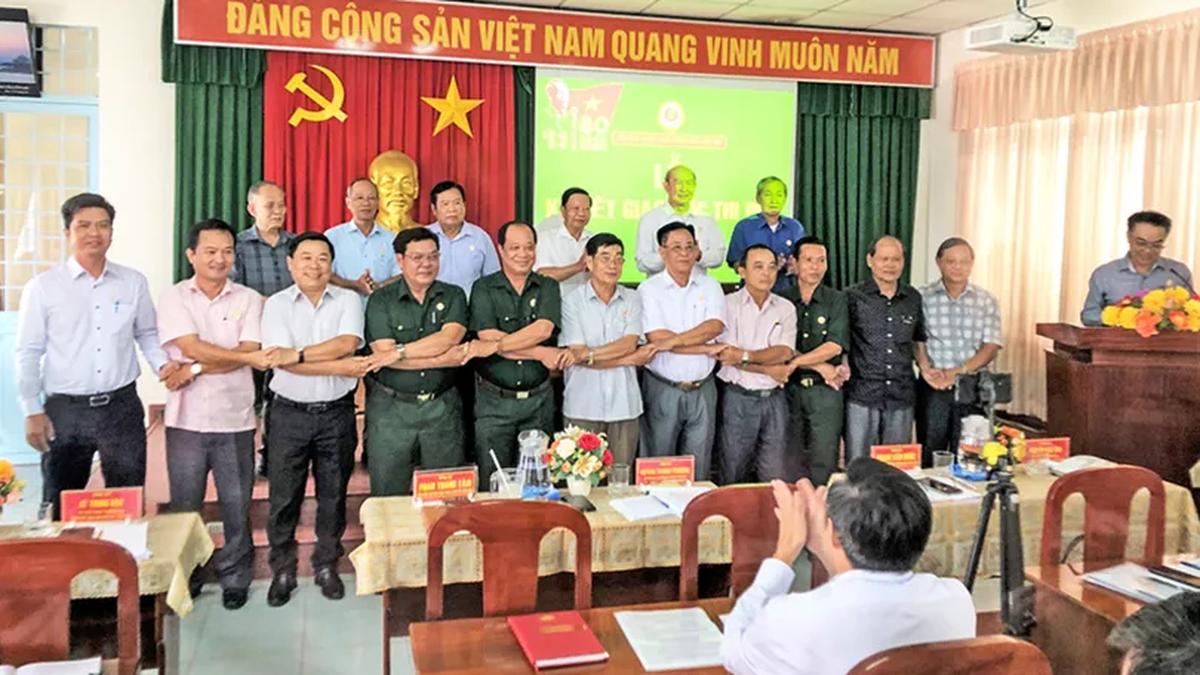
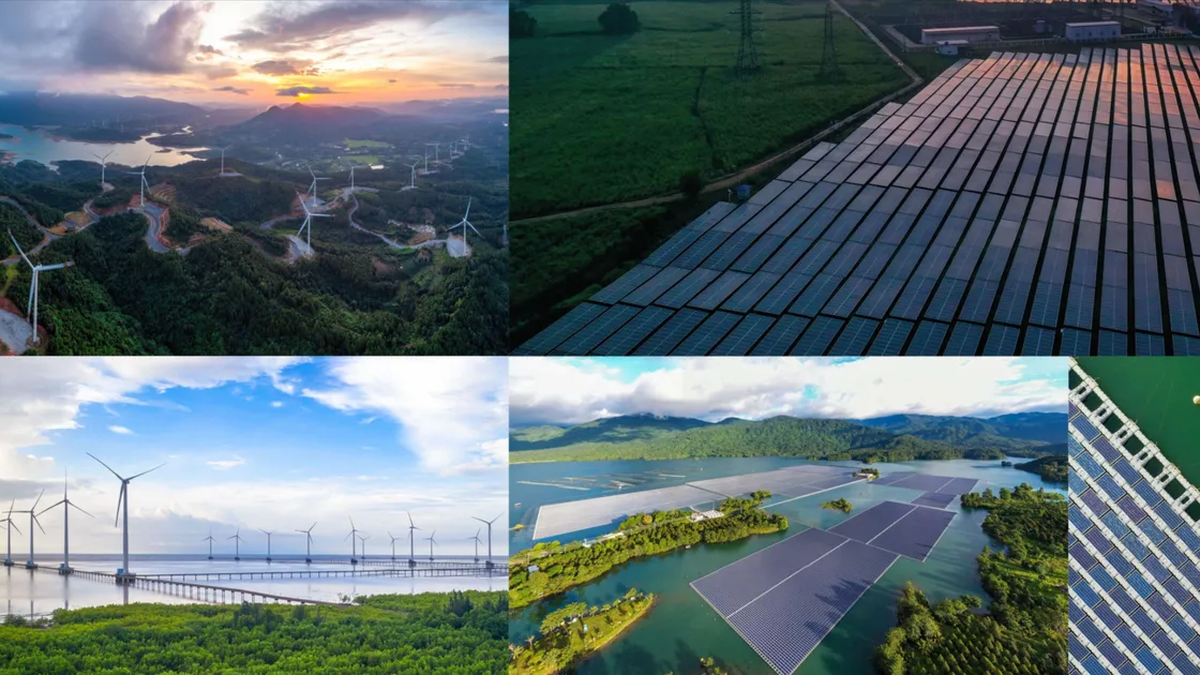
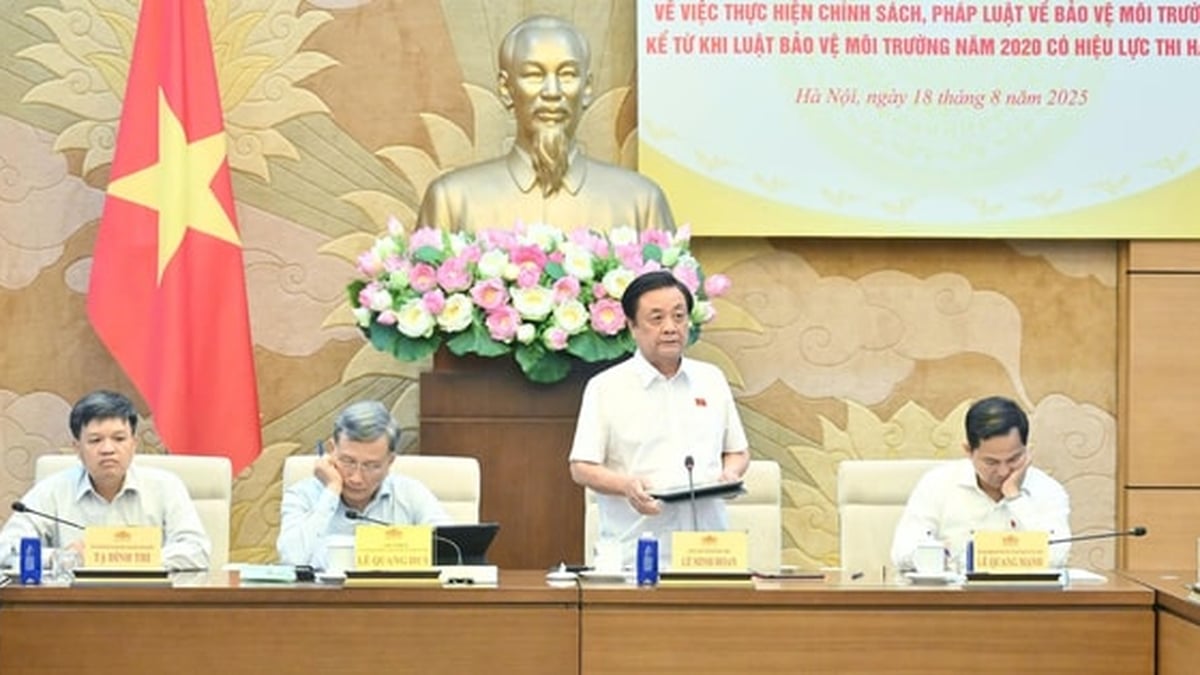
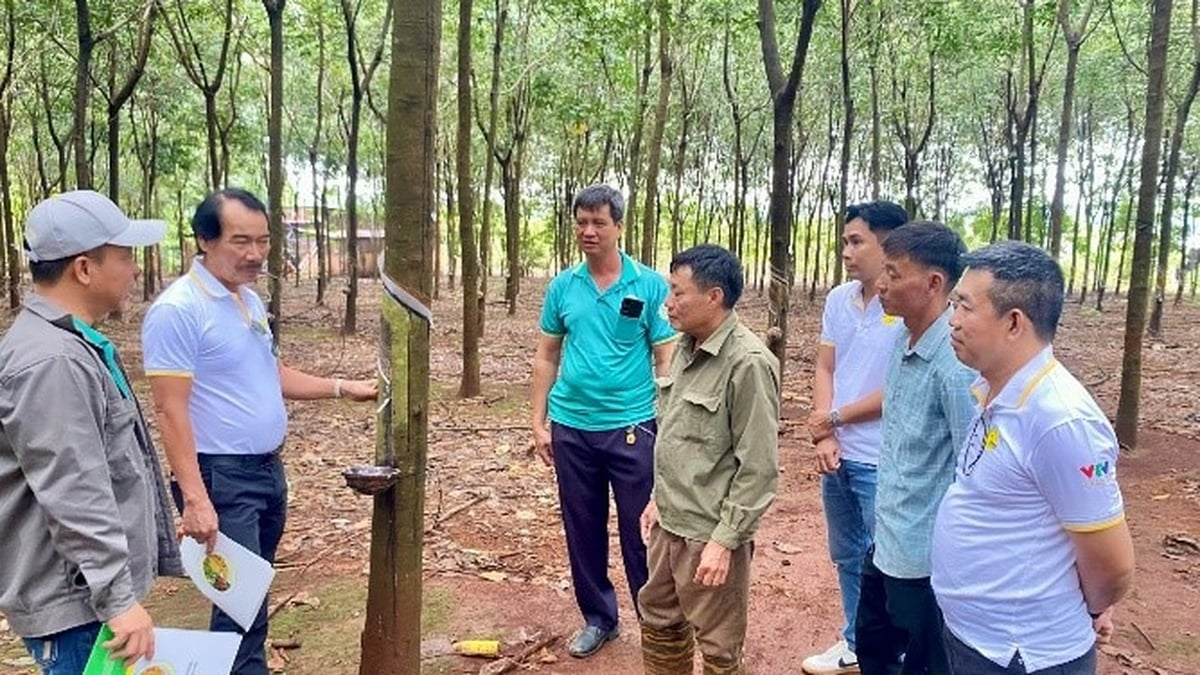











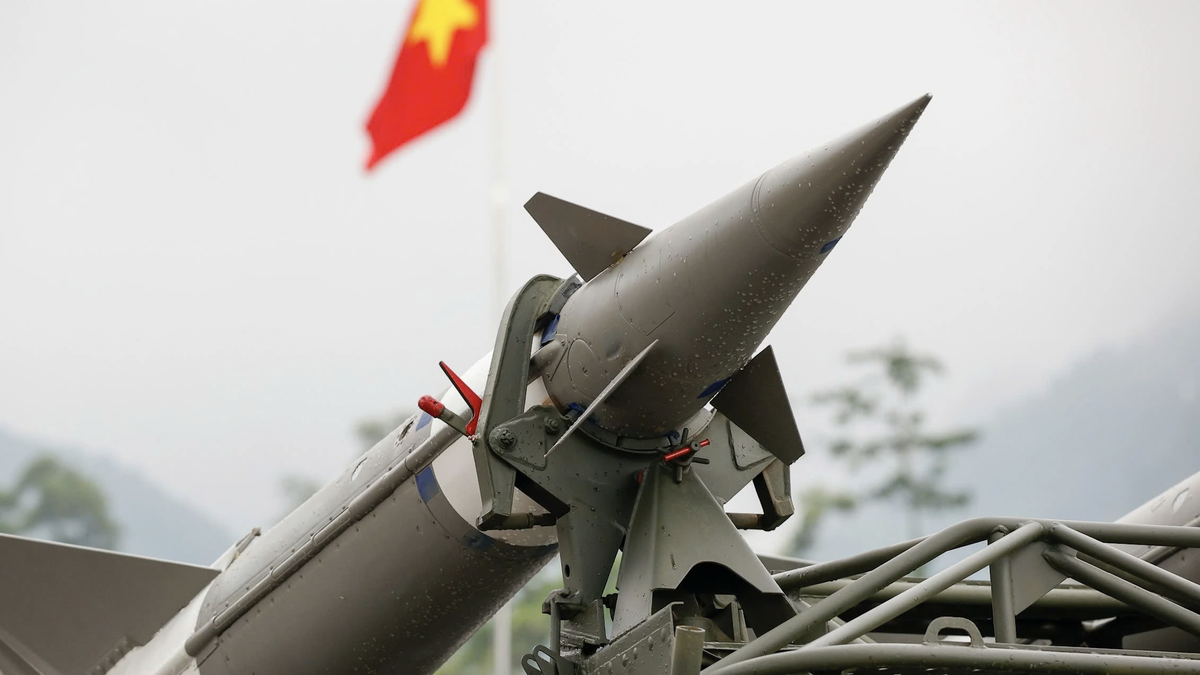
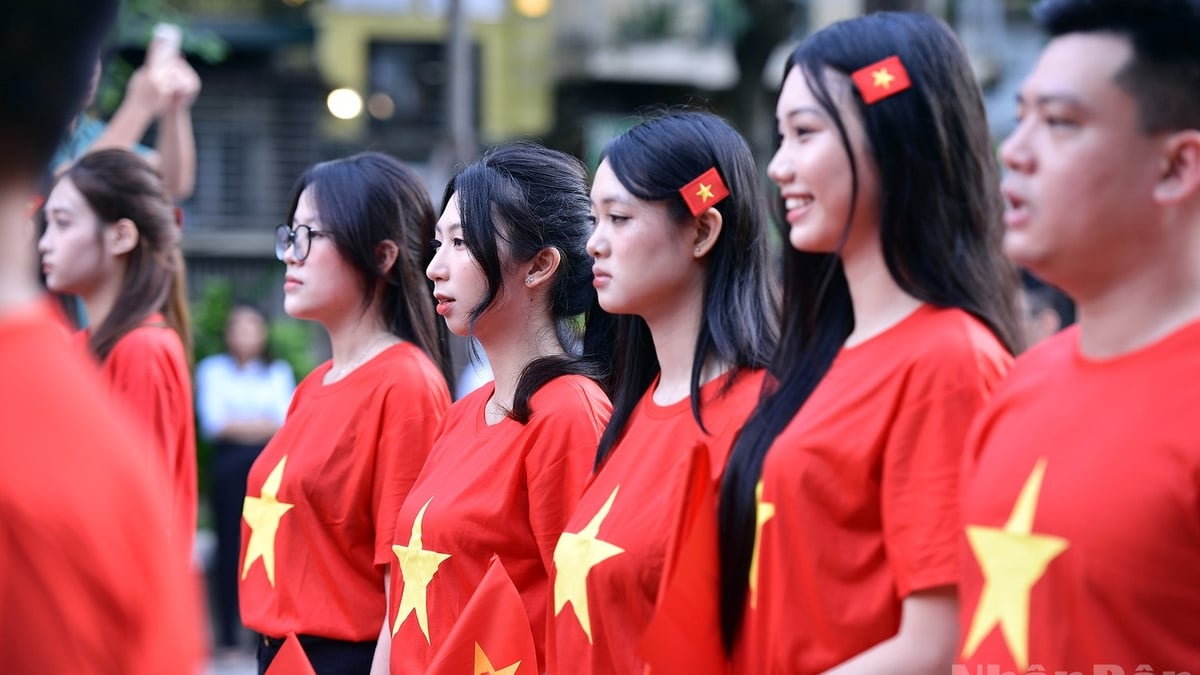
![[Photo] Prime Minister Pham Minh Chinh attends the opening ceremony of the National Data Center](https://vphoto.vietnam.vn/thumb/1200x675/vietnam/resource/IMAGE/2025/8/18/b5724a9c982b429790fdbd2438a0db44)
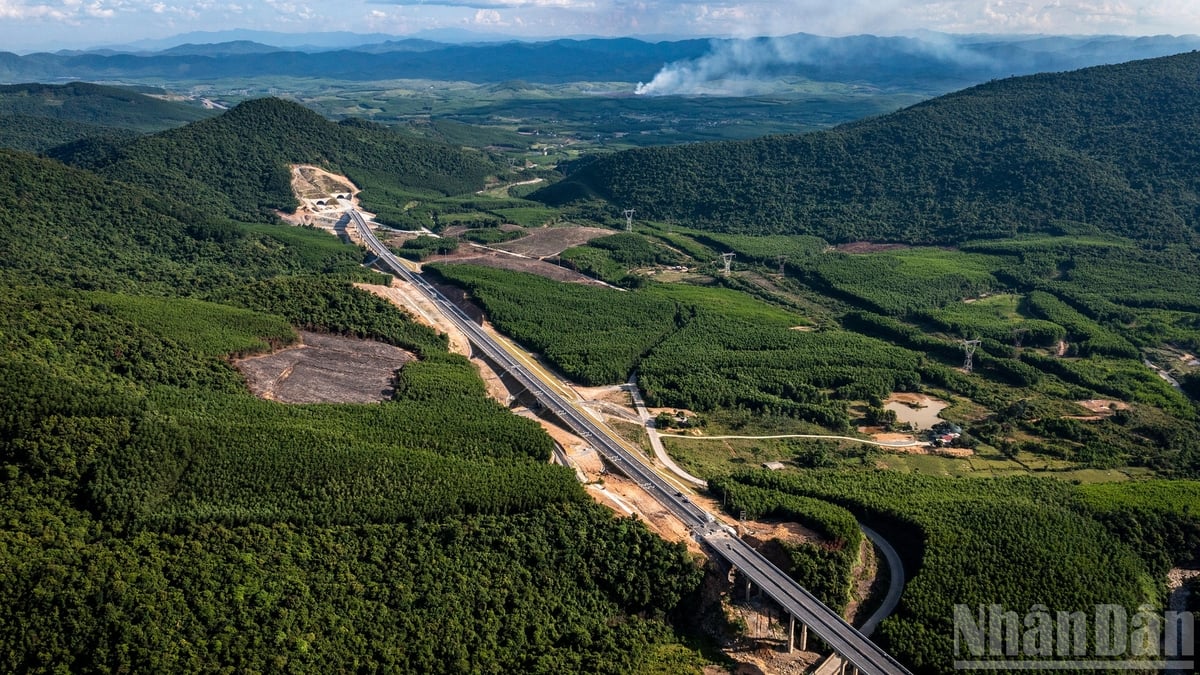
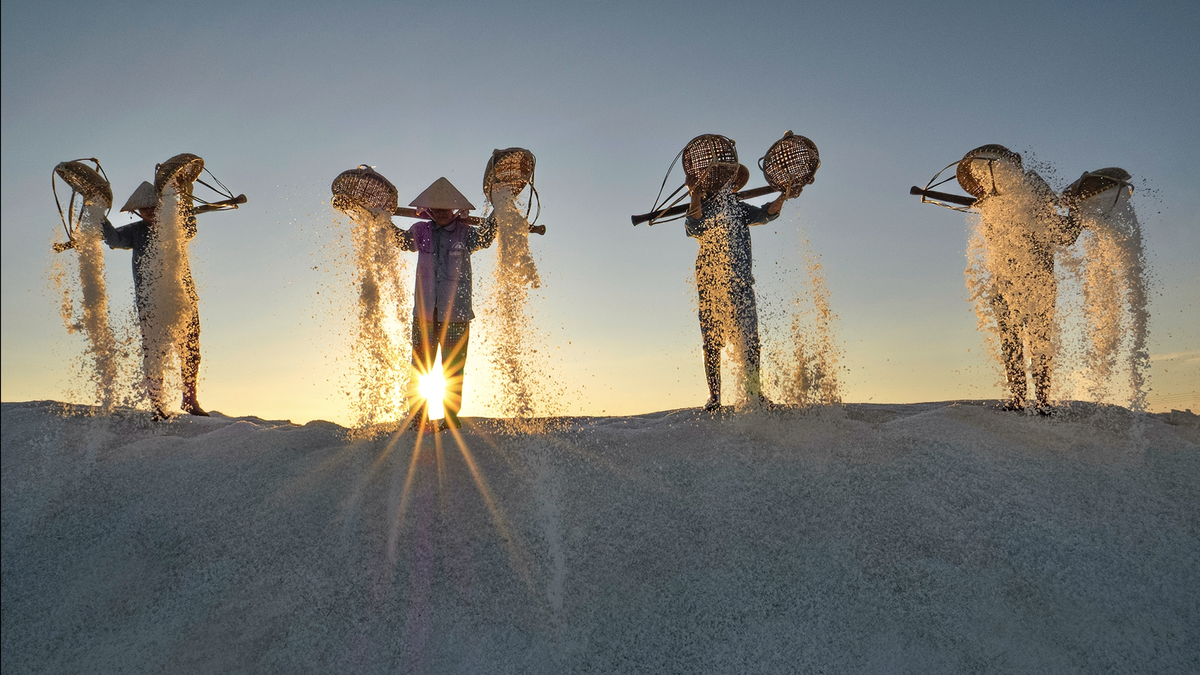


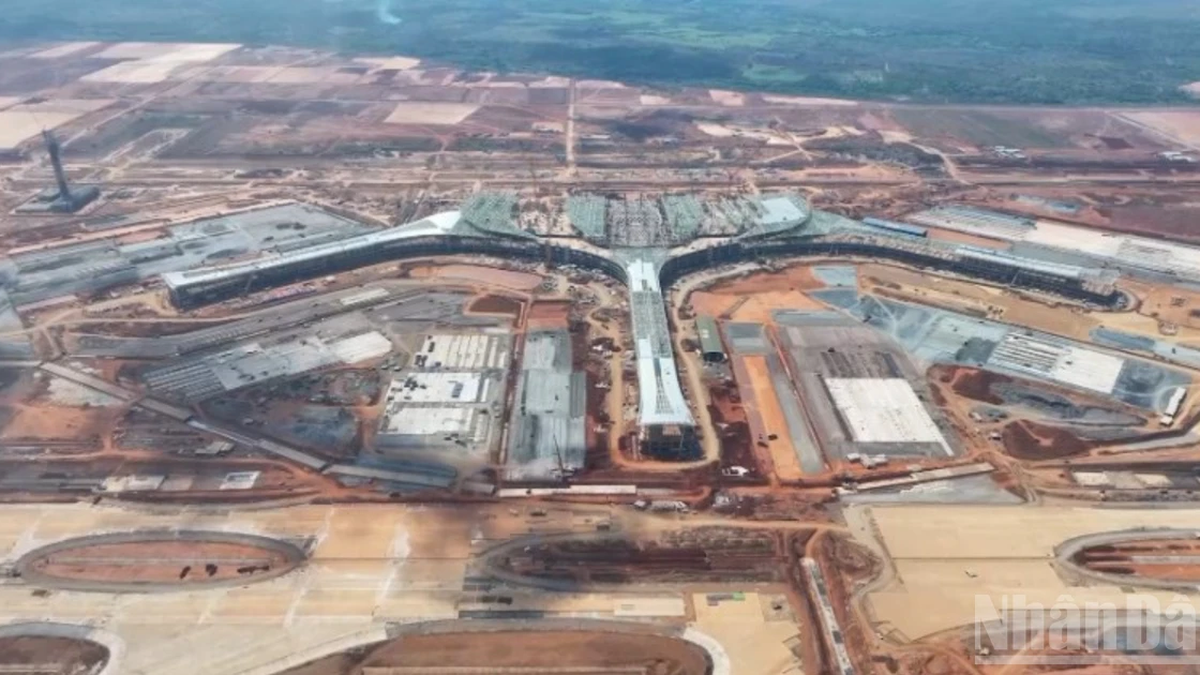
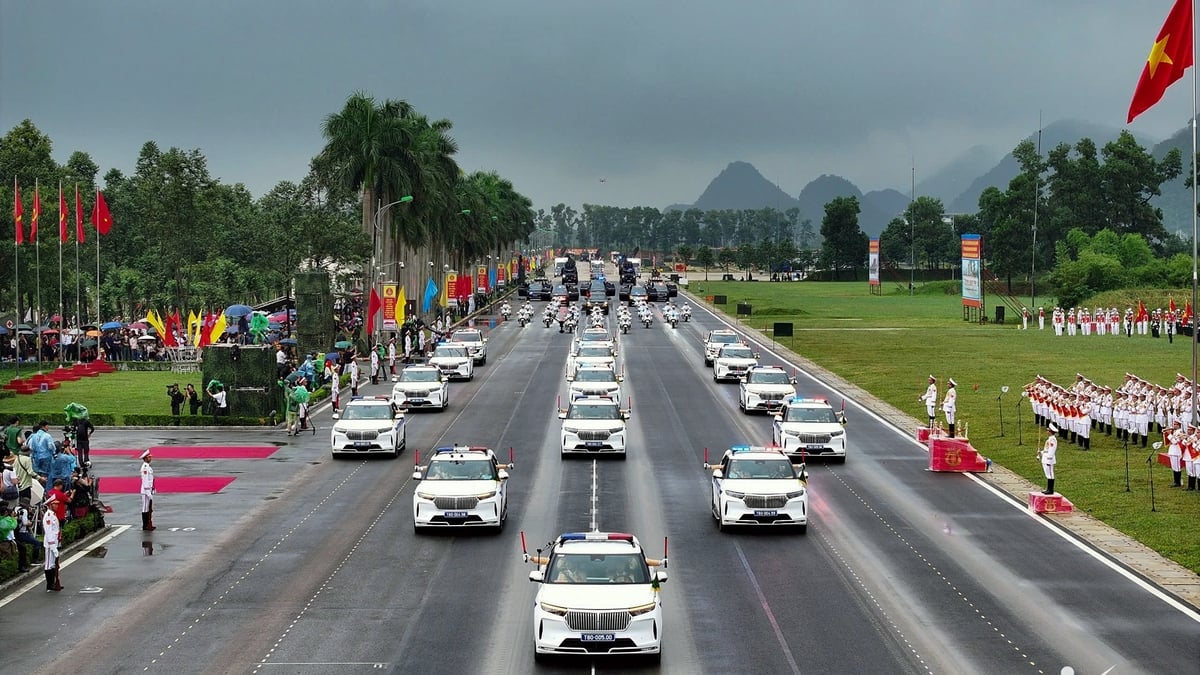
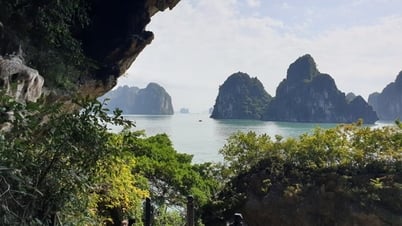







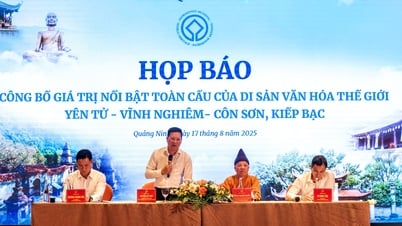

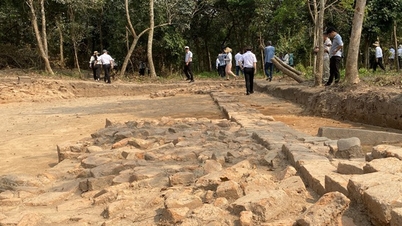

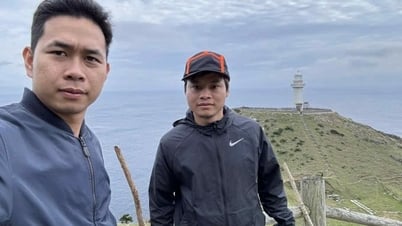

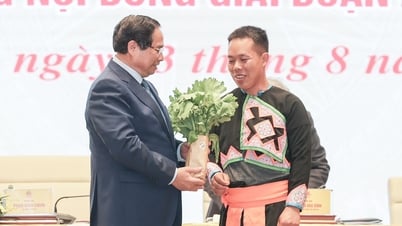

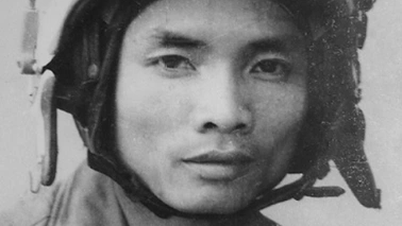



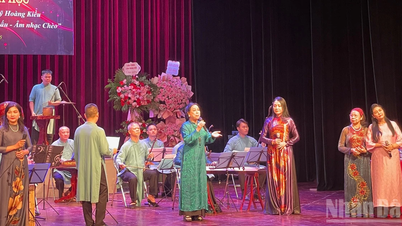




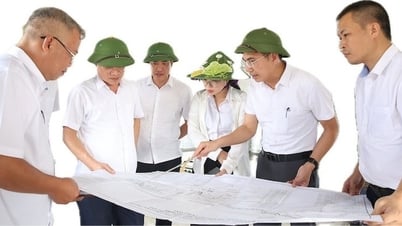
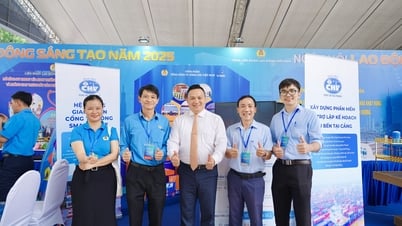
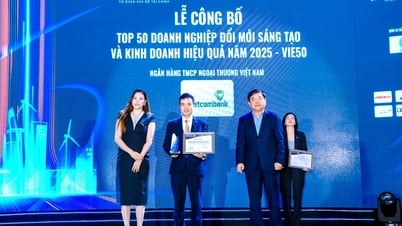
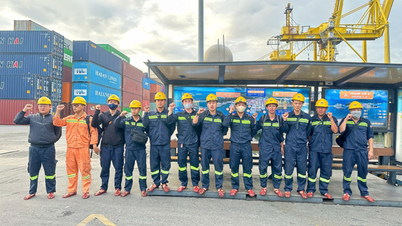
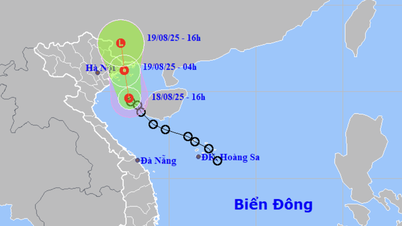

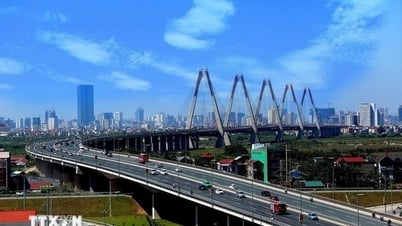
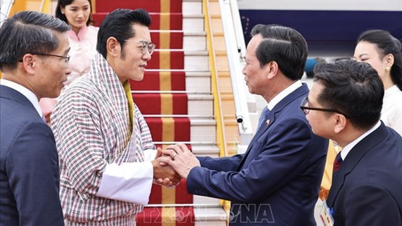


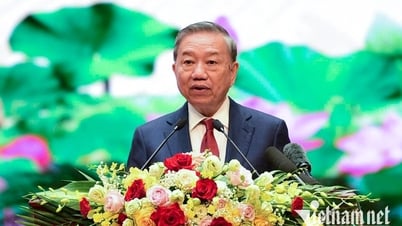

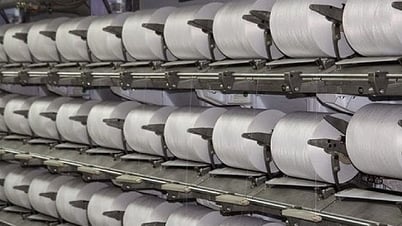



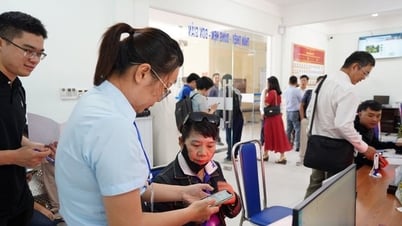

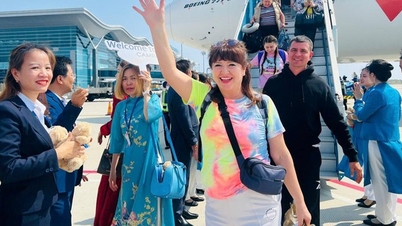
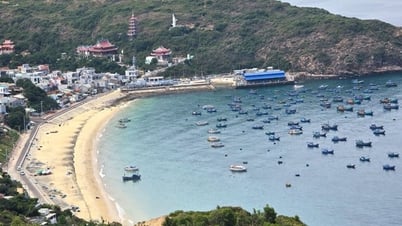
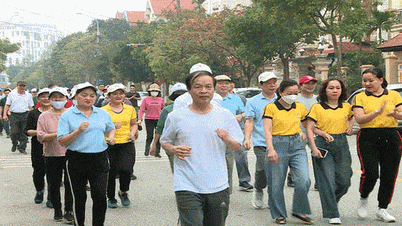









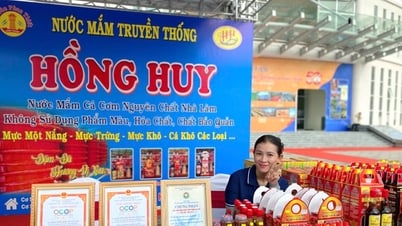


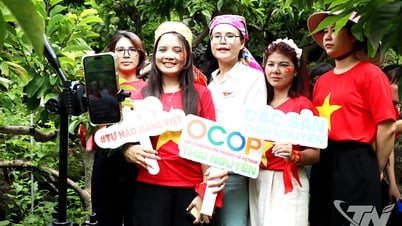









Comment (0)